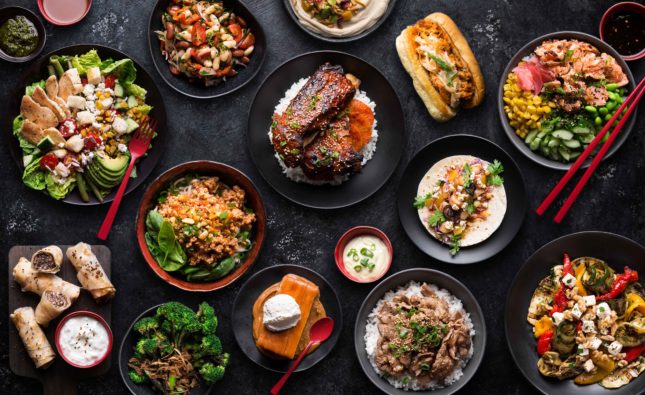Mixologists, cocktailians, Barkeeps, Beverage Craftsmen – whatever you call them, if you are a bar owner, you are always on the look-out for talented bartenders. They are the lead singers in your rock band – your front men and women who give your establishment personality and energy.
Good bartenders have an encyclopedic knowledge of all spirits, drinks, and cocktails. They are charming, charismatic and hardworking. They are attractive even before that fifth long island iced tea kicks in, and they multitask like a one-man orchestra. They manage a station that is five customers deep and pump out good quality drinks with minimal of fuss.
A good bartender can pop a beer bottle cap off with her bar blade. Some will be able to flare; some will know napkin tricks. Others can tell great stories or share worldly advice.
However, a good bartender, unfortunately, will also be able to rob you blind. Most don’t, but some less scrupulous do. Here’s how they do it. Don’t try this at home. Or in a bar.
The primary question bar owners ask is “does what we sold in the register till match what we sold physically?” Typically, if the two balance, then everything’s good and life goes on. Well, not so fast.
There are a small group of highly intelligent scam artists that are exceptionally good at playing the system. It is highly illegal and is not to be condoned – but it’s important to know how they do it. Here are three well-known scams that can make the bartender quite rich. And unemployed. Perhaps even jailed.
BYO – Bring Your Own.
The premise: A bottle of vodka can sell for over one thousand Dirhams in a bar. Here are the maths. Your average 750 ml bottle of liquor contains 25 shots of a 1 oz measure. An average drink with mixer will cost you 45 Dirhams. 45 Dirhams multiplied by 25 shots is 1,125 Dirhams retail value.
The Scam: So, all a sneaky bartender has to do is bring in their own cheap bottle of vodka, which cost them 80 Dirhams and drops it in their speed rail at the beginning of their shift. Throughout the night, any drink that comes from that bottle is untraceable. The bartender doesn’t have to ring it up, as the bar’s stock levels never change. If a bartender does that twice a week, that’s an additional nine thousand Dirhams per month in the pockets of that greedy little barkeep at the expense of the business.
Shot Counting.
The Premise:- The key is to ensure the inventory balances at the end of the night. If the point of sale system says it sold ten bottles of vodka, there had better be only ten bottles gone from the storeroom. Not eleven bottles or even nine bottles. Ten. Balance the books. So, much like card counting in Vegas, this method involves a very sharp mind with an ability to run a multiple shot tally in one’s head over the course of a six-hour shift. Like The Rainman with a bottle opener. The less sharp ones use toothpicks or coins in a glass as a makeshift abacus.
The Scam:- The bartender under pours on a certain number of drinks – cocktails with multiple spirits are the easiest for this – and remembers how many shots she has “in the bank.” To trick people into thinking they’ve received a strong drink, she might fill a straw with alcohol before they stick it in a cocktail. This makes the first sip taste exceptionally strong, even though the drink has less alcohol. The bartender is then free to cash those shots in throughout the evening by not ringing in certain drinks and pocketing the cash. Let’s say she “counts” a conservative five drinks per night, five nights per week. That’s four and a half grand extra a month for her nefarious troubles.
The Distracted Guest
The Premise: Towards the end of the evening, as the drinking crowd gets less and less attentive, the sneaky bartender thrives. Usually, after one am, guests are happy, sweaty, feeling liberated and are much less alert to what’s happening behind the bar. Some bartenders take maximum advantage of this, unfortunately.
The Scam: Ordering a premium liquor with a mixer at two am? Well, firstly, why? Secondly, chances are you’re getting a cheap liquor from the bartenders “bank, ” and he’s pocketing the cash. Premium spirits can go up to 75 Dirhams a drink. A bartender only has to do that just three times a night, and he’s got another dirty four and a half grand in his real bank account every month.
Dishonest bartender scams are notoriously difficult to figure out and can ruin a business, both from a reputation and profit and loss standpoint. The best way to stop these things from happening comes down to two main elements. Hire the right people to start with – follow up on proper reference checks, and make sure you know who you are hiring. The second is to have a vigilant, well-experienced management team – they are your best line of defense against the dark arts of bar tendering.










